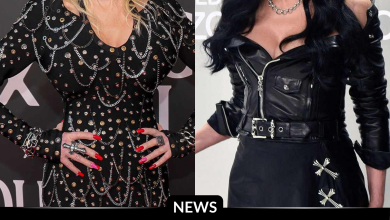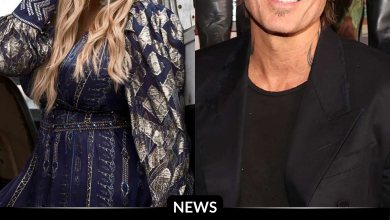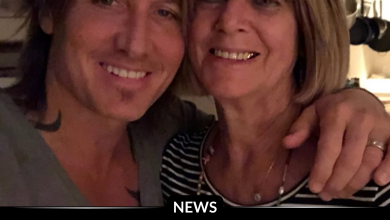Harrison Ford Opens Up About Fame’s Impact on Mental Health – What He Really Thinks
OPINION: This article may contain commentary which reflects the author's opinion.
Harrison Ford may be one of Hollywood’s most enduring icons, but when it comes to mental health—especially in the realm of celebrity—his stance is more nuanced than headline-worthy. While the actor behind legendary characters like Han Solo and Indiana Jones hasn’t made direct public declarations about mental health for celebrities, his candid remarks about the cost of fame offer a revealing glimpse into how he views the pressures of life in the spotlight.
Fame as a Double-Edged Sword
Ford has long voiced discomfort with celebrity culture, particularly its erosion of privacy. In a 2010 interview with WENN, he bluntly remarked, “There’s nothing good about being famous,” emphasizing that fame comes with an incalculable loss of privacy. That sentiment resurfaced in a 2022 Fandomwire piece, where Ford reiterated that he “never enjoyed” being famous. Perhaps most tellingly, he once jokingly renamed People magazine as “Peephole,” underscoring his disdain for intrusive media scrutiny—a key factor often cited in celebrity mental health struggles.
While Ford hasn’t drawn a direct line between these experiences and mental health consequences like anxiety or depression, his commentary echoes the concerns raised by many public figures who face relentless exposure. For Ford, fame is not a blessing but a burden—and one that can quietly chip away at emotional well-being.
Addressing the Rumors—and Refusing the Labels
Over the years, Ford has been at the center of speculation regarding his own mental health, particularly rumors of social anxiety disorder. But the actor has pushed back. In a 2023 interview with The Hollywood Reporter, he famously quipped, “I don’t have a social anxiety disorder, you’re just boring.” He attributed his quiet demeanor not to anxiety but to a disinterest in superficial conversation.
This response, while characteristically dry, complicates public understanding of his mental state. It also illustrates the delicate tension between privacy and assumption—when celebrities withhold personal details, others often rush to fill the silence with speculation.
Art Imitating Life—or Vice Versa?
Ford’s recent work in Shrinking—a 2023 Apple TV+ series centered on therapy and mental health—adds another layer to the conversation. Though Ford has not directly linked his role to personal experiences, his portrayal of Dr. Paul Rhodes, a therapist grappling with Parkinson’s disease, has been lauded for contributing to destigmatization efforts. Critics and fans alike have thanked him for helping normalize mental health conversations, even if Ford himself remains tight-lipped about his own views.
A Landscape of Contradictions and Caution
Unverified sources have occasionally claimed that Ford has struggled with clinical depression, but these reports lack solid evidence or direct confirmation. Given Ford’s explicit denials of mental health issues, such claims remain speculative at best. And therein lies the challenge: when public figures remain private, the conversation about their mental health often becomes a guessing game—one that risks misunderstanding more than it reveals.
Final Thoughts
Harrison Ford may not be an outspoken advocate for mental health awareness, but his reflections on fame—and the personal boundaries he fiercely defends—suggest a deep awareness of the emotional toll that comes with celebrity. In a world where stars are expected to share everything, Ford stands apart, reminding us that mental health isn’t always talked about—but it’s often there, in the quiet moments between the lines.



